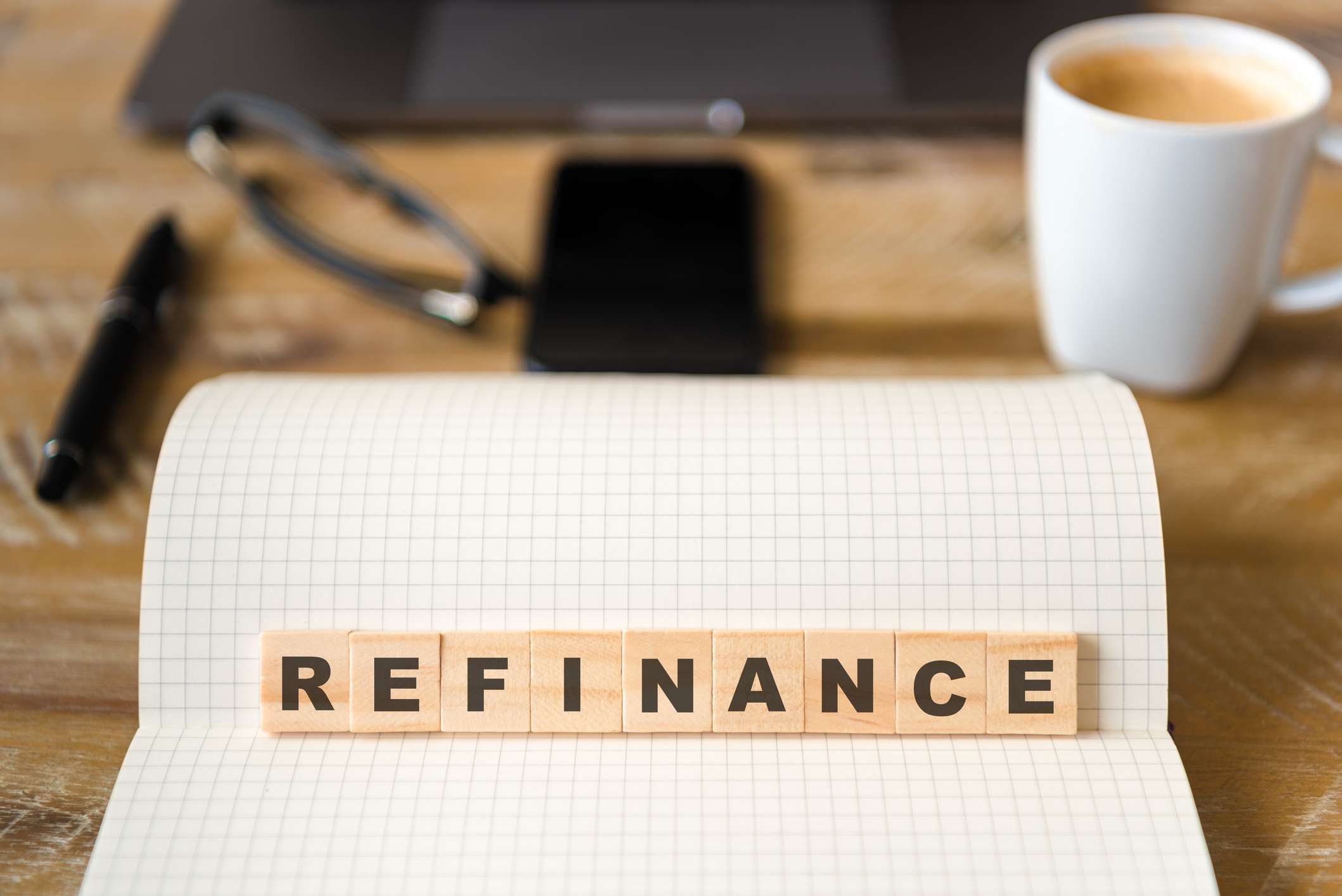Steps for Refinancing a Personal Loan

1. Shop around
Just like when you’re looking for a credit card or a mortgage, you should shop around when seeking to refinance a personal loan. This way, you can help ensure you’re getting the lowest interest rate you can qualify for, along with the most-favorable payoff period and manageable monthly payments.
Tip: Be sure to ask the lender that handles your existing personal loan whether it could refinance the loan. Or consider shopping for personal loans online through websites like Credit Karma.
2. Research the reputation of lenders
In 2017, the Consumer Financial Protection Bureau received 4,160 consumer complaints related to installment loans. Some of those consumers reported being told conflicting information about documents and other application requirements. Meanwhile, other consumers complained about being hit with interest charges or fees that they hadn’t expected.
To help avoid being surprised by fees or terms, do some digging. With a little research online, you can find reviews from the Better Business Bureau and other sources that might help you consider which lenders you want to do business with.
3. Check your credit scores
Before you decide on the right offer to refinance your loan, check your credit scores so that you know where you stand. Typically, people with higher credit scores are more likely to qualify for lower interest rates. And lower credit scores generally equate to higher interest rates.
Interest rates on personal loans can vary widely. A July 2018 search of personal loans for refinancing offered on Credit Karma showed interest rates ranging from 5.99% to 35.99%. At the time, one lender, Best Egg®, stated that FICO® credit scores of at least 700 and minimum individual income of $100,000 a year were required to qualify for its lowest interest rate (5.99%) on a personal loan.
4. Figure out the fees
An online loan calculator (or your own calculator) can help you determine how extra costs like origination fees and prepayment penalties can affect the cost of repaying the refinanced loan.
As we mentioned earlier, these fees can increase the total cost of a loan so that even a refinanced loan with a lower interest rate might mean you end up paying more to borrow money in the long run.
5. Consider prequalification for a personal loan
Prequalifying — a less formal assessment of your credit — doesn’t guarantee you’ll get a personal loan to refinance your existing one. But it could help you get an idea of your ability to qualify for a loan before you go through an application — and before you ding your credit with a hard inquiry on your credit reports. It can also help you understand if you’ll be able to borrow enough to pay off your existing loan and what interest rate you might get.
6. Fill out the application
Once you’ve shopped around, done the math and prequalified, it’s time to apply for refinancing.
Here’s where your research and prequalifications can pay off. When you apply for credit, the lender will typically check your credit reports, which results in a hard inquiry. Multiple hard inquiries in a short period could give lenders the impression that you’re a higher credit risk, so be careful about how many lenders you apply to.
Keep in mind, though, that the impact of a hard inquiry on your credit shrink over time.
How can refinancing affect my credit history?
Since refinancing means you’re getting rid of an old loan and taking on a new one, your credit might get dinged.
How?
Some credit-scoring models will consider the old loan when determining the average age of your accounts, but other credit-scoring models won’t — meaning the average age could go down for those.
Why is all of this important?
FICO, a provider of credit-scoring models, says the length of your credit history represents 15% of FICO® credit scores.
But don’t overlook a potential upside of refinancing: If refinancing your personal loan makes it easier for you to make your monthly payments, and ultimately pay off the loan, those actions can positively affect your credit over the long term. Payment history accounts for about 35% of your FICO® scores, and the amount you owe on credit accounts determines 30%.



